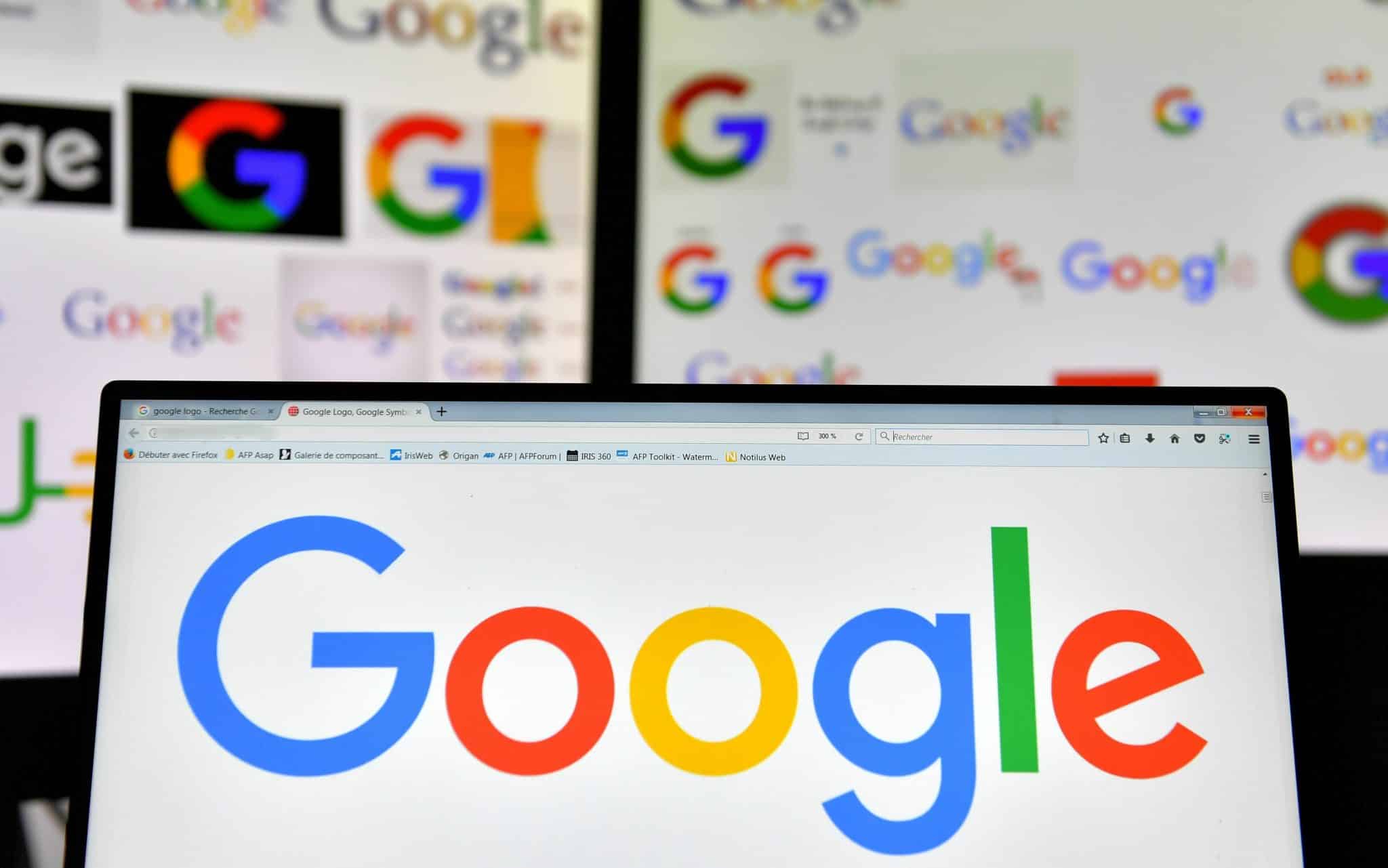Washington — Google’s dominance as an internet search engine is an illegal monopoly supported by the tech giant’s annual spending of more than $20 billion to lock out competition, Justice Department lawyers contended after a high-stakes antitrust case.
Conversely, Google claims its success stems from its quality and capacity to offer the results that customers seek.
The United States government, a coalition of states, and Google all submitted their closing arguments in the 10-week lawsuit to U.S. District Judge Amit Mehta, who must now rule whether Google violated the law by preserving a monopoly status in search.
Google, Justice Department Make Final Arguments About Whether Search Engine Is A Monopoly
Much of the lawsuit, the largest antitrust trial in over two decades, has focused on how much Google’s strength stems from partnerships with firms such as Apple to make Google the default search engine preloaded on iPhones and laptops.
At trial, evidence revealed that Google spends over $20 billion annually on such contracts. According to Justice Department lawyers, the large payment demonstrates how crucial it is for Google to establish itself as the default search engine and prevent competitors from gaining a foothold.
Google says that clients can readily switch to other search engines if they choose but always prefer Google. Companies like Apple testified at trial that they work with Google because they believe its search engine is superior.
Google also claims that the government defines the search engine market too narrowly. While it has a commanding lead over rival general search engines such as Bing and Yahoo, Google claims it faces even more fierce competition when customers conduct focused searches. For example, the internet titan claims buyers are more inclined to search for things on Amazon than Google, vacation planners may search on AirBnB, and hungry eaters may search for a restaurant on Yelp.
Google, Justice Department Make Final Arguments About Whether Search Engine Is A Monopoly
Google has also stated that social media businesses such as Facebook and TikTok are formidable competitors.
During Friday’s discussions, Mehta questioned if some other companies were in the same market. He explained that social media companies can make ad money by presenting advertising that fits consumers’ interests. However, he stated that Google has the potential to display advertising in front of users in direct response to inquiries they enter.
“It’s only Google where we can see that directly declared intent,” Mehta said.
Google’s attorney, John Schmidtlein, responded that social media companies “have lots and lots of information about your interests, which I would say is just as powerful.”
The corporation has also said its market dominance is precarious as the internet constantly reinvents itself. Earlier in the trial, it was shown that many experts previously believed that Yahoo would always remain dominating in search. It was reported that younger tech users sometimes refer to Google as “Grandpa Google.”
While Google’s search services are free for customers, the business makes money from searches by selling adverts that appear alongside a user’s search results.
During Friday’s remarks, Justice Department attorney David Dahlquist stated that Google could raise ad income by increasing the number of inquiries submitted until around 2015, when inquiry growth stagnated, and they needed to make more money per search.
The government claims that Google’s search engine monopoly enables it to charge unduly high fees for advertising, which eventually trickle down to consumers.
“Price increases should be limited by competition,” Dahlquist stated. “It should be the market deciding what the price increases are.”
Google, Justice Department Make Final Arguments About Whether Search Engine Is A Monopoly
According to Dahlquist, internal Google records demonstrate that the business, without any meaningful competition, began altering its ad algorithms to occasionally offer customers with inferior search ad results to raise income.
Schmidtlein, Google’s lawyer, stated that the record demonstrates that its search ads have become more effective and useful to customers, rising from a 10% click rate to 30%.
Mehta has yet to say when he will rule, although it is expected to take many months.
If he decides that Google breached the law, he will set up a “remedies” phase of the trial to assess what should be done to increase competition in the search engine industry. The administration has yet to state what type of remedy it will pursue.
SOURCE – (AP)









